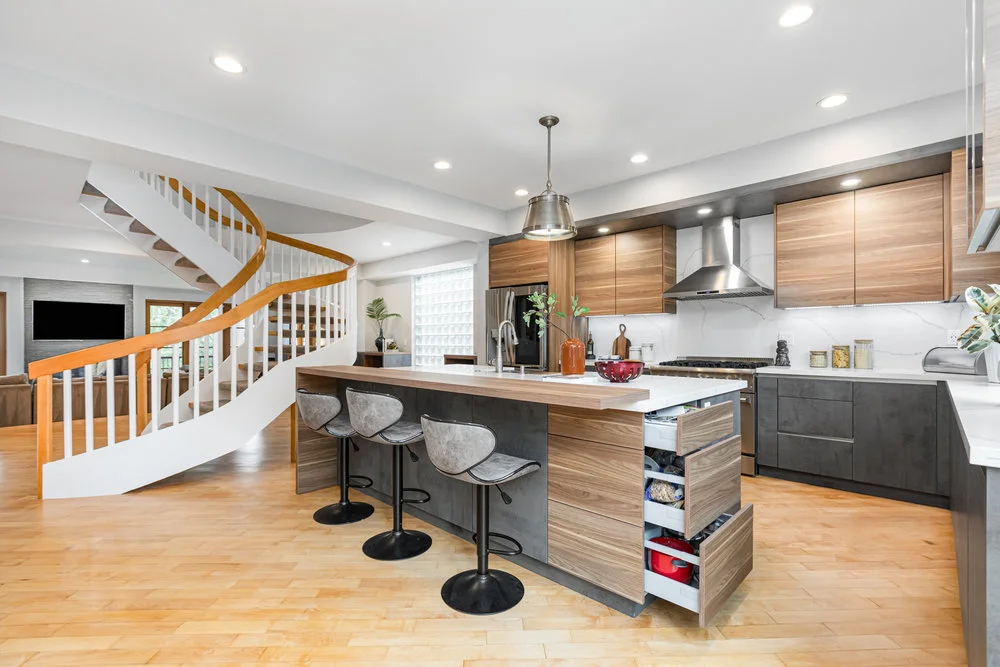Home renovations can be an exciting and rewarding endeavor, transforming your living space into a more functional, stylish, and comfortable environment. Whether you’re considering a minor update or a major overhaul, understanding the ins and outs of Bathroom Renovation Richmond Hill is crucial for a successful project. This article will guide you through the various aspects of home renovations, from planning to execution and everything in between.
1. Assessing Your Needs and Goals
Before diving into renovations, take a step back to assess what you truly want to achieve. Ask yourself questions such as:
- What areas of my home need improvement?
- Are there specific problems I want to address (e.g., lack of space, outdated designs)?
- What is my budget, and how much am I willing to invest in this project?
Once you clarify your goals, you can prioritize renovations based on your needs and the value they add to your home.
2. Setting a Budget
Creating a budget is one of the most important steps in the renovation process. Costs can vary significantly based on the scope of work, materials, and labor. Here are some tips for setting a realistic budget:
- Research Costs: Look into the average costs for materials and labor in your area.
- Include Contingencies: Set aside an additional 10-20% of your budget for unexpected expenses that may arise during the renovation.
- DIY vs. Hiring Professionals: Consider which tasks you can handle yourself and which will require professional help. While DIY can save money, it’s important to recognize your limitations.
3. Planning Your Renovation
Effective planning is essential for a smooth renovation process. Here’s how to get started:
- Create a Timeline: Determine when you want the renovations to begin and end. Consider seasonal factors that might affect your project, such as weather conditions for exterior work.
- Design and Layout: Think about the layout changes you want to make. Sketch your ideas or use design software to visualize the space. Consider consulting with an architect or interior designer for professional input.
- Permits and Regulations: Check with your local government regarding building codes and permits. Certain renovations may require approval before work can begin.
4. Choosing Materials and Finishes
Selecting the right materials and finishes is crucial for achieving your desired aesthetic and functionality. Consider the following:
- Quality vs. Cost: While it may be tempting to cut costs on materials, investing in quality options can pay off in the long run. Higher-quality materials can enhance the durability and look of your renovations.
- Eco-Friendly Options: If sustainability is a priority, explore eco-friendly materials that minimize environmental impact.
- Trends vs. Timelessness: While trendy designs can be appealing, consider opting for timeless styles that won’t quickly go out of fashion.
5. Hiring Contractors
If your renovation involves complex work, hiring a reputable contractor can be beneficial. Here’s how to find the right professional:
- Research and Recommendations: Seek recommendations from friends or family and research potential contractors online. Look for reviews and testimonials from previous clients.
- Interviews and Estimates: Interview multiple contractors and request detailed estimates. This will help you gauge their experience and approach to your project.
- Check Credentials: Ensure the contractor is licensed, insured, and has the necessary permits to work in your area.
6. The Renovation Process
Once your plans are in place, and you’ve secured your contractors, it’s time to begin the renovation. Here’s what to expect:
- Demolition: This phase may be noisy and messy, so prepare your home accordingly. If possible, set up a temporary living space to minimize disruptions.
- Construction and Installation: During this phase, the bulk of the work will be completed. Stay in communication with your contractors to address any questions or concerns that may arise.
- Final Touches: After the major work is done, focus on finishing touches such as painting, installing fixtures, and adding decor to bring your vision to life.
7. Enjoying Your New Space
Once the renovations are complete, take a moment to appreciate your hard work. Enjoy your transformed space and consider hosting a gathering to showcase your new home to friends and family.
Conclusion
Home renovations can be a complex but rewarding journey. By carefully assessing your needs, setting a budget, planning meticulously, and collaborating with skilled professionals, you can create a space that reflects your style and meets your needs. Remember, the key to a successful renovation lies in thoughtful preparation and clear communication throughout the process. Happy renovating!

